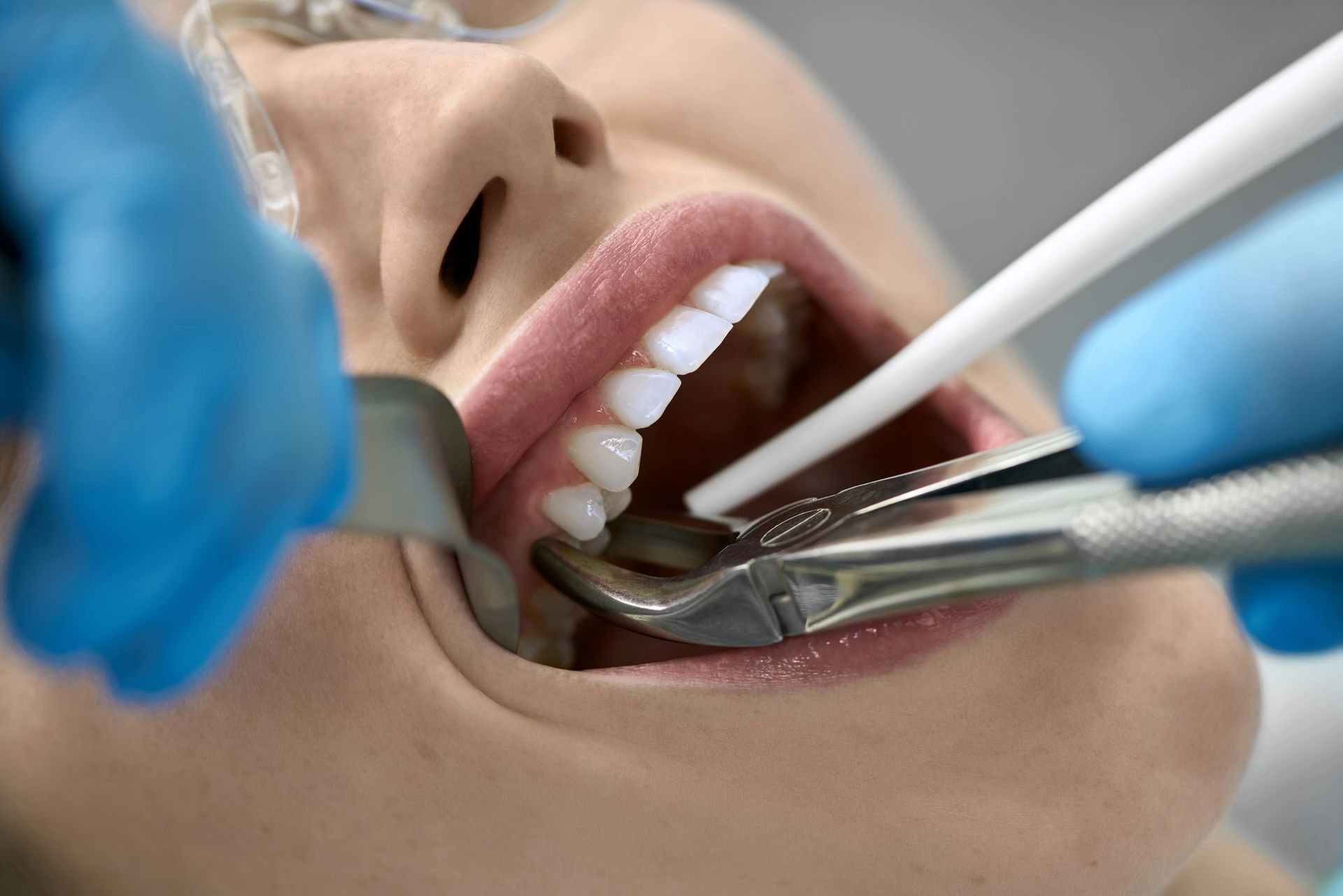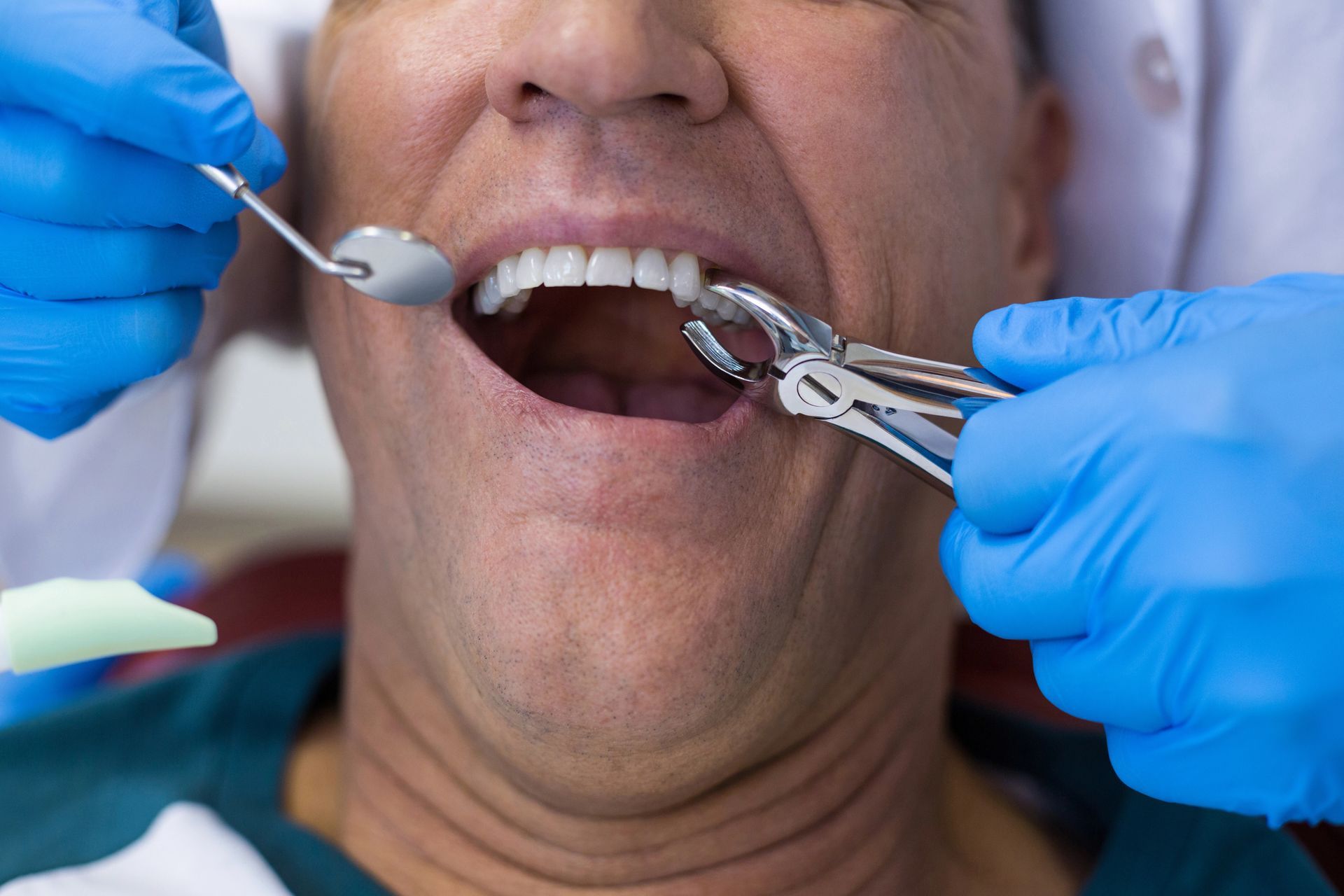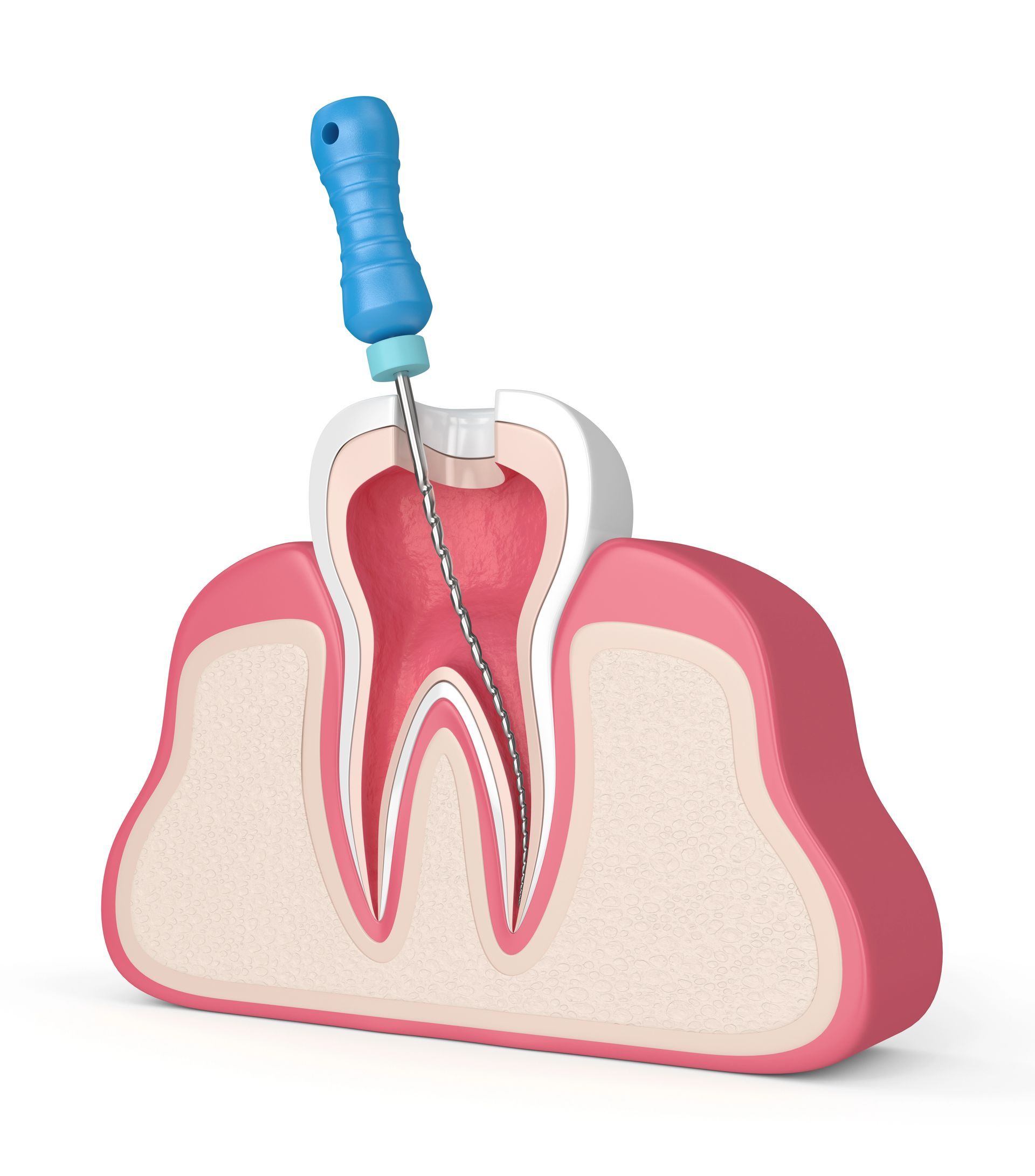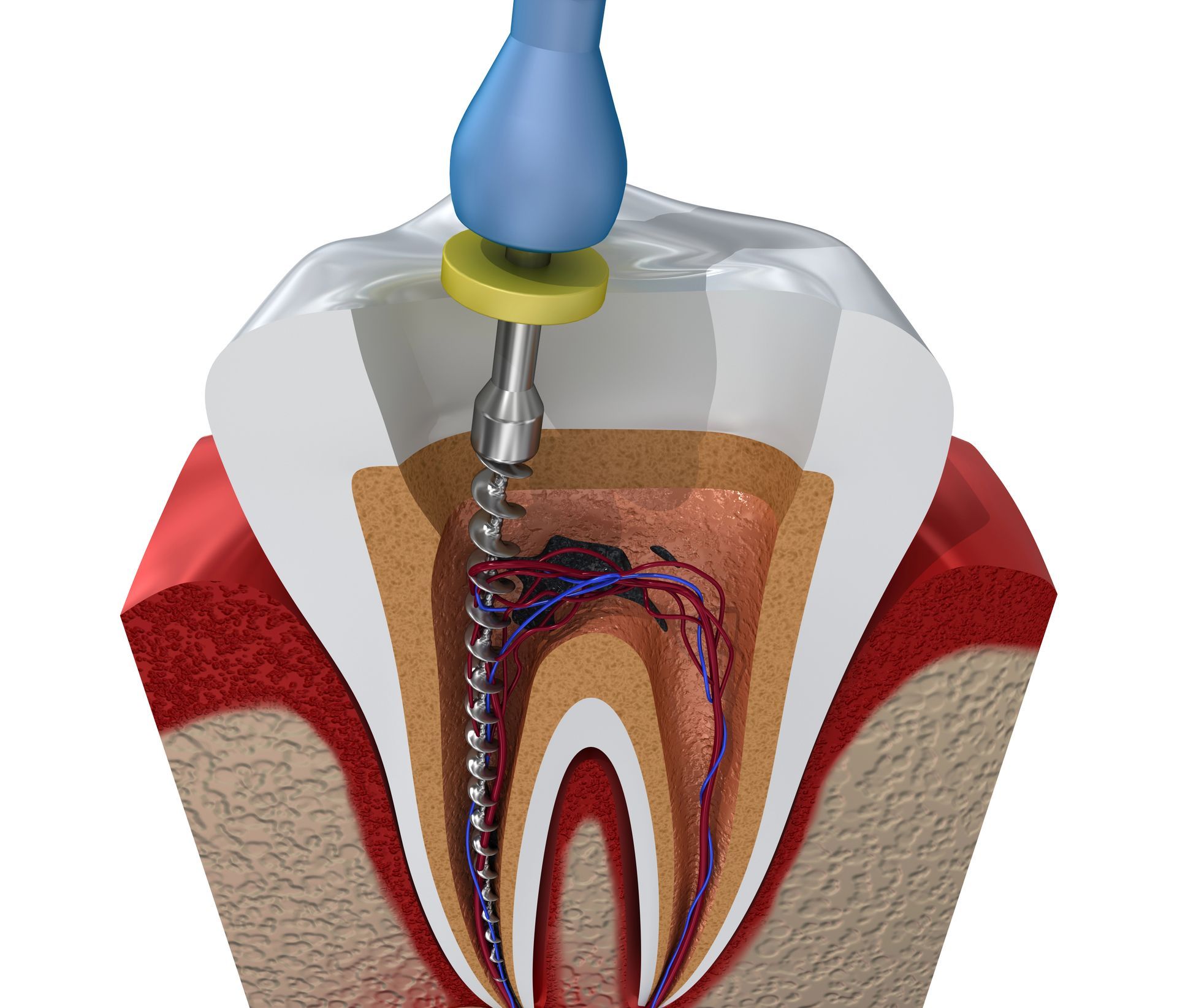









Filling replacement is often needed when existing dental fillings become worn, damaged, or compromised, potentially leading to further dental issues. Understanding the reasons behind this procedure can help maintain oral health and prevent complications.
Filling Replacement: Signs of Filling Deterioration
Filling replacement becomes necessary when dental fillings show signs of deterioration. Over time, fillings can wear down due to constant pressure from chewing, grinding, or clenching. This wear and tear can cause cracks or chips, compromising the filling and exposing the tooth to further decay. Loose fillings or those that fall out entirely can create gaps, allowing bacteria to thrive and cause significant dental issues.
Sensitivity or pain in the filled tooth may also indicate the need for a replacement. This discomfort occurs when a filling no longer fits snugly, letting food particles and bacteria seep in and irritate the underlying tooth structure.
Causes of Filling Damage
Fillings can become damaged over time due to:
- Wear and Tear: Daily activities like chewing and grinding can lead to cracks or chips.
- Temperature Changes: Consuming hot or cold foods causes fillings to expand and contract, weakening them over time.
- Poor Oral Hygiene: Plaque and bacteria buildup around the filling edges can lead to decay beneath the filling.
Recognizing and addressing these causes early can help preserve dental health and reduce the need for more invasive procedures.
Types of Dental Fillings
When considering a filling replacement, it is important to understand the options available:
- Amalgam Fillings: Durable and strong, ideal for molars.
- Composite Fillings: Tooth-colored, offering a natural appearance.
- Gold Fillings: Long-lasting and resistant to corrosion.
- Porcelain Fillings: A strong and aesthetically pleasing choice for inlays and onlays.
Selecting the appropriate material depends on individual dental needs and preferences.
Risks of Ignoring Damaged Fillings
Ignoring damaged fillings can lead to serious complications, such as:
- Tooth decay or infection caused by bacteria entering the compromised filling.
- Pain and swelling requiring invasive treatments like root canals or extractions.
- Misalignment of your bite, leading to additional dental wear and tear.
Addressing filling issues promptly ensures better oral health and prevents more extensive dental problems.
Frequency of Filling Replacement
The lifespan of a filling varies based on factors like:
- Material Used: Some materials, like gold, last longer than others.
- Filling Location: Fillings in high-pressure areas may wear down faster.
- Oral Hygiene Habits: Poor maintenance can shorten a filling's lifespan.
Regular dental checkups are vital for monitoring the condition of fillings and identifying when replacements are necessary.
Impact on Oral Health
Replacing damaged fillings helps maintain optimal oral health. Worn fillings create an environment for bacteria, leading to tooth decay, infection, and even damage to surrounding teeth and gums. Timely replacement preserves the integrity of your teeth and supports overall dental health.
Pain and Sensitivity Indicators
Pain or sensitivity in a tooth can signal the need for filling replacement. Worn or cracked fillings may expose the sensitive inner layers of the tooth, leading to discomfort when eating or drinking. Persistent symptoms should not be ignored, as they indicate that the filling is no longer effectively protecting the tooth.
Role of Regular Dental Checkups
Routine dental checkups are essential for identifying the need for filling replacement. Dentists can detect signs of wear or damage during examinations, addressing potential issues early and preventing complications. Regular visits ensure fillings are monitored and replaced when necessary to maintain oral health.
Long-term Effects of Old Fillings
Aging fillings may:
- Crack or fall out, exposing the tooth to further damage.
- Allow bacteria to seep in, causing decay or infection.
- Compromise the tooth's structure, increasing the risk of fractures.
Understanding the long-term effects of old fillings emphasizes the importance of regular evaluations and timely replacements.
Conclusion
Understanding the importance of filling replacement can help maintain your dental health. For more information, call 803-573-4577.


